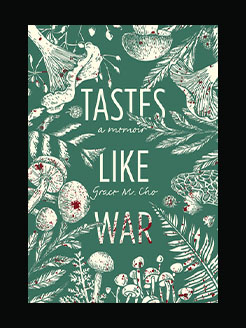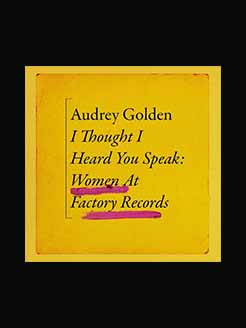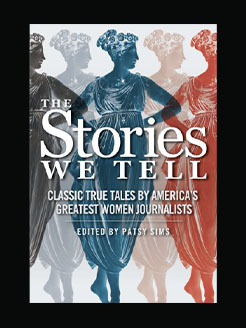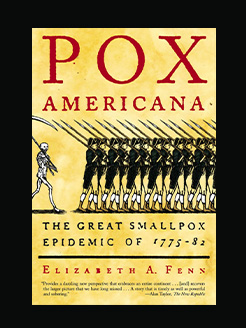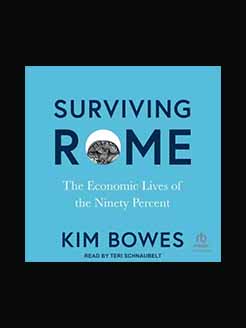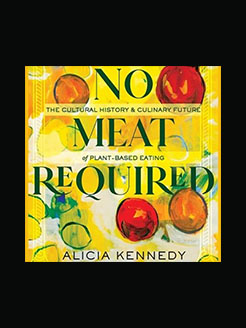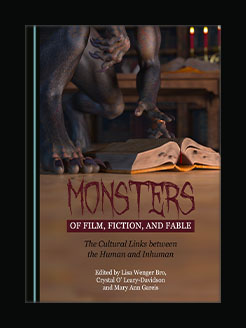Published in 2025
190 pages
5 hours and 30 minutes
Catherine Lacey is the author of the novels Nobody Is Ever Missing, The Answers, Pew, and Biography of X, and the short story collection Certain American States. She has received a Guggenheim Fellowship, a Whiting Award, the New York Public Library’s Young Lions Fiction Award, the Brooklyn Library Prize, and a New York Foundation for the Arts fellowship. She has been a finalist for the Dylan Thomas Prize, the PEN/Jean Stein Book Award, and a Lambda Literary Award, and was named one of Granta’s Best of Young American Novelists. Her essays and short fiction have appeared in The New Yorker, Harper’s, The New York Times, The New York Review of Books, and elsewhere.
What is this book about?
“A singular, bewitching work about cycles of life and loss, the patterns of behavior that seem to lock us into who we are, and the quest for a faith that might break us free.”—Hua Hsu, author of Stay True
Named a Most Anticipated Book of 2025 by Vulture and LitHub
A genre-bending story about breaking―both of the heart and form itself―from the author of Biography of X.
Note to the listener: This book was written in two parts, either of which can be listened to first, neither of which is the true start of the story. You have the option to skip ahead to the fiction half or start at the beginning with the nonfiction.
Adrift in the winter of 2021 after a sudden breakup and the ensuing depression, the novelist Catherine Lacey began cataloguing the wreckage of her life and the beauty of her friendships, a practice that eventually propagated fiction both entirely imagined and strangely true. Betrayed by the mercurial partner she had trusted with a shared mortgage and suddenly catapulted into the unknown, Lacey’s appetite vanished completely, a visceral reminder of the teenage emaciation that came when she stopped believing in God. Through relationships, travel, reading, and memories of her religious fanaticism, Lacey charts the contours of faith’s absence and reemergence. Bending form, she and her characters recall gnostic experiences with animals, close encounters with male anger, griefdriven lust, and the redemptive power of platonic love and narrative itself.
A hybrid work across fiction and nonfiction with no beginning or ending, The Möbius Book troubles the line between memory and fiction with an openhearted defense of faith’s inherent danger.
